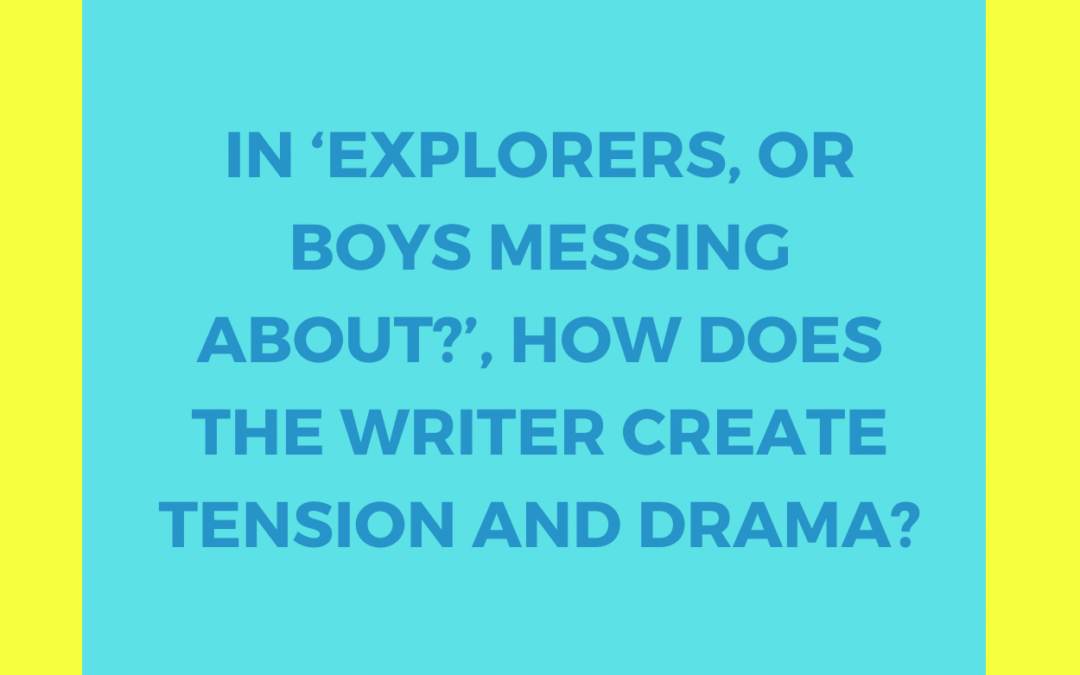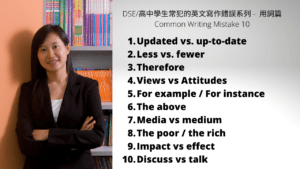Edexcel English IGCSE: Explorers, or boys messing about? by Steven Morris
Q5. In ‘Explorers, or boys messing about?’, how does the writer create tension and drama?
In your answer, you should consider:
- the portrayal of the explorers;
- the description of their trip;
- the reactions of others to their trip;
- the writer’s use of language techniques.
You should refer closely to the passage to support your answer. You may use brief quotations.
Edexcel English IGCSE Model Essay by an Expert
In this newspaper article, the writer describes a dramatic event involving a helicopter crashing into the sea. The portrayal of the explorers and the reactions of others to their experience create drama by showing how lucky they were to survive.
The men’s experience is extremely dramatic due to the severity of their crash. The subtitle briefly summarises this accident, creating tension by piquing the reader’s desire to find out how it happened. The verb “plucked” shows the men’s vulnerability, and the onomatopoeic word “crash” creates a dramatic image in the reader’s mind. Throughout the main description, active verbs are used to create a dynamic impression of the event: for example, “plunged”, “scrambled” and “ditched”. The difficulty of the rescue also contributes to the tension. There is a ship “180 miles away” and a rescue helicopter is “driven back” due to bad weather. Although the reader knows that the men are rescued in the end, there is still tension as the writer details the huge rescue operation.
By portraying the adventurers as immature and ill-prepared for their trip, the writer creates tension via the reader’s shock and disbelief that the men took such a hazardous risk. The metaphor throughout the article that the men were simply “boys messing about” creates the impression that the men were irresponsible in taking on such a dangerous challenge. The writer also suggests that the men were complacent about their trip. Quoting the adventurers’ website with sarcastic irony, the writer notes that the men described their helicopter as “trusty”. Following the failure of the helicopter, this description is clearly naïve; the language is also casual and flippant, suggesting that they did not take the trip seriously.
The adventurers’ foolishness in undertaking such a dangerous trip in an inadequate vehicle is further highlighted by experts’ reactions towards the disaster. These reactions create further drama as they show how close the men were to death. An Antarctic explorer is quoted as saying that it was a “miracle” that they survived: this is very strong vocabulary, suggesting that most other people would not have been so lucky. A helicopter expert states that he would not have used the helicopter that they did for such an expedition. This expert view is juxtaposed with a quotation from the men’s spokesperson, stating that the flying conditions were “excellent”. This contrast in views implies that the men were not well-qualified to undertake such an expedition.
Newspaper articles are principally designed to inform readers, rather than simply to entertain them. In this article, although the reader knows from the beginning that the men were rescued, there is tension and drama in their closeness to tragedy and in the fact that the men perhaps should never have embarked on the expedition at all.




